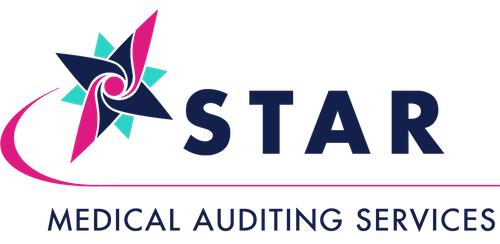UNSUNG HEROES OF THE REVENUE CYCLE; THOUGHTS FROM A RETIRED HIM DIRECTOR
Health Information Professionals ride low on radar, but are a necessity in healthcare revenue cycle. I believe every profession in healthcare is important. There are so many key elements involved in healthcare such as a person’s life, it deals with money, covers legality and even begins the future of healthcare.
Medical coders are true champions of the healthcare system. They take complex clinical documentation and translate it into standardized codes that impact everything—from billing and reimbursement to research, compliance, and public health data. Without coders, a provider’s work doesn’t get accurately reflected, claims don’t get paid, and the healthcare system can’t really function efficiently. If you're a provider getting paid for your services, getting credit for the care you provide, or seeing metrics that drive improvement—it’s likely a medical coder had a hand in making that happen.
Clinical Documentation Integrity (CDI) specialists are the warriors that bridge the gap between clinical care and accurate documentation. They're not just editing notes—they’re making sure the medical record tells the full and accurate story of a patient’s condition and the care provided. That impacts everything from patient safety and provider quality scores to risk adjustment, hospital rankings, and yes—reimbursement too. Without solid documentation, even the best care can be undervalued or misunderstood, so they work closely and collaborate with physicians, coders, nurses, and quality teams, often acting as educators and advocates for better documentation practices.
Health Information Management (HIM) technicians are the true back bone in upholding the law in regards to the security, privacy and integrity of a medical record. They are not a glorified paper pusher. They ensure the record holds the accurate and complete information in a timely manner. And they also make certain that information is provided to authorized recipients, whether it be the patient, or payor, or another provider, yes, they even process information for vital records as well.
Won’t you join me in thanking all Health Information Professionals, there are many more specialized positions we do appreciate. They truly have evolved from clerical to strategic. They work closely with IT, compliance, quality, and clinical departments to ensure that data is both usable and protected. The rise of remote work, AI-assisted coding, and federal initiatives like Meaningful Use and the 21st Century Cures Act have all accelerated the pace of change that has developed Health Information Professionals to a critical part of care delivery, revenue cycle management, and healthcare innovation.
